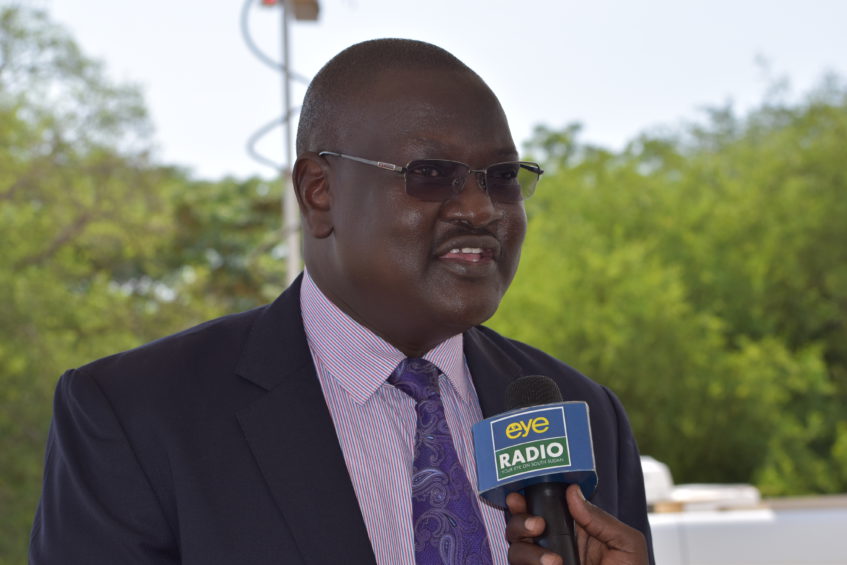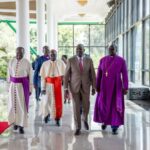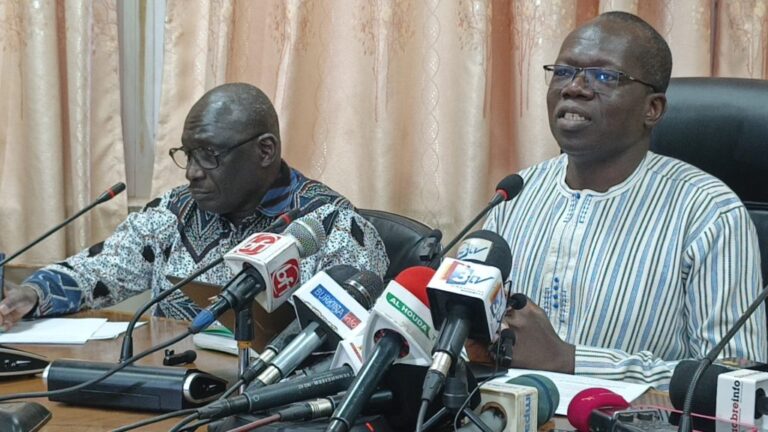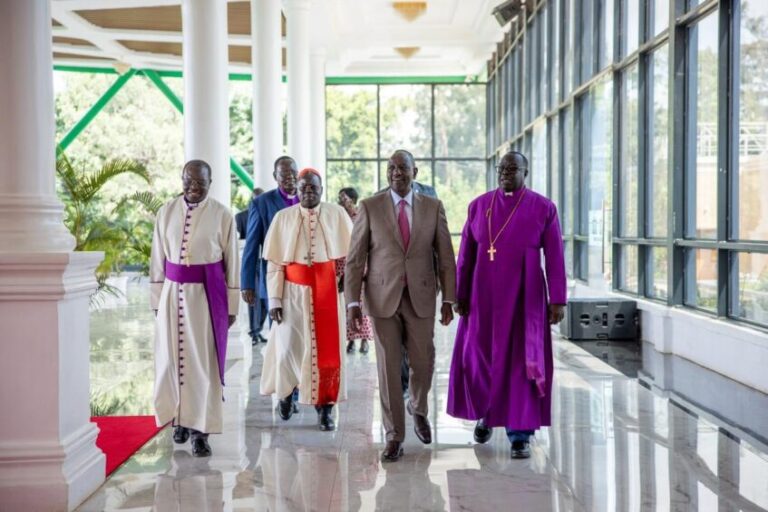
Author: Lasuba Memo | Published: 53 minutes ago
Ateny Wek Ateny, former press secretary in the office of the President, speaks to Eye Radio| Credit | File photo
Ateny Wek Ateny, once the longest-serving Press Secretary in the Office of the President (2013–2022), remains one of South Sudan’s most visible, and most polarizing public communicators. His return to government this week as Minister of Information and official government spokesperson has revived old debates about his style, his openness, and the controversies that have long accompanied his public life.
From the outset of his career in government, Ateny seemed to understand what many of his successors did not: access is a currency of legitimacy. During his years at the Presidency, he held more press conferences than any Press Secretary before or after him. And he did not shy away from difficult questions—whether about investigations into the 2013 conflict or the damaging Sentry reports on corruption and human rights abuses. Few officials willingly stood before journalists to address such issues. Ateny did so consistently.
A long-time columnist, Ateny is deeply aware of both the power and the peril of words. In recent months, he has re-emerged in the media space through a raw, unfiltered social-media presence—one where he speaks his mind freely and sometimes sharply criticizes individuals. His bluntness has, unsurprisingly, reignited debate. Rights groups and activists worry about shrinking civic and political space in the country, but Ateny appears unfazed—right up until his appointment on Monday.
As Minister of Information, Ateny’s responsibilities stretches further than anything he handled as Press Secretary. He has effectively become the primary public face and voice of the government. And if his past is any indication, he will not be a silent or cautious occupant of that office.
His new role is modeled, in part, on a template shaped by his predecessor Michael Makuei. Like Makuei, Ateny appears accessible—picking up calls, responding to inquiries, offering clarifications, and engaging with journalists even on contentious issues. Whether defending popular decisions or controversial ones, Ateny rarely avoids confrontation.
But whether his well-known openness will evolve into greater transparency or simply amplified political messaging is a question only time will answer.
What is clear is that Ateny Wek Ateny’s trajectory has never been predictable. Before joining government, he worked as a lawyer, journalist, and columnist—and for many years, as a loud critic of the very administration he later served. His appointment as Presidential Press Secretary in 2013 was seen by many analysts as a strategic move: an attempt to repair fraught government–media relations and, perhaps, to neutralize a prominent critic.
Now, more than a decade later, he returns to the front lines of public communication. Whether he emerges as a media-friendly interlocutor or a political “noise maker,” one thing is certain: Ateny Wek Ateny will remain an influential—and often controversial—figure in shaping South Sudan’s public discourse.
South Sudan joins global telecom talks in Azerbaijan










